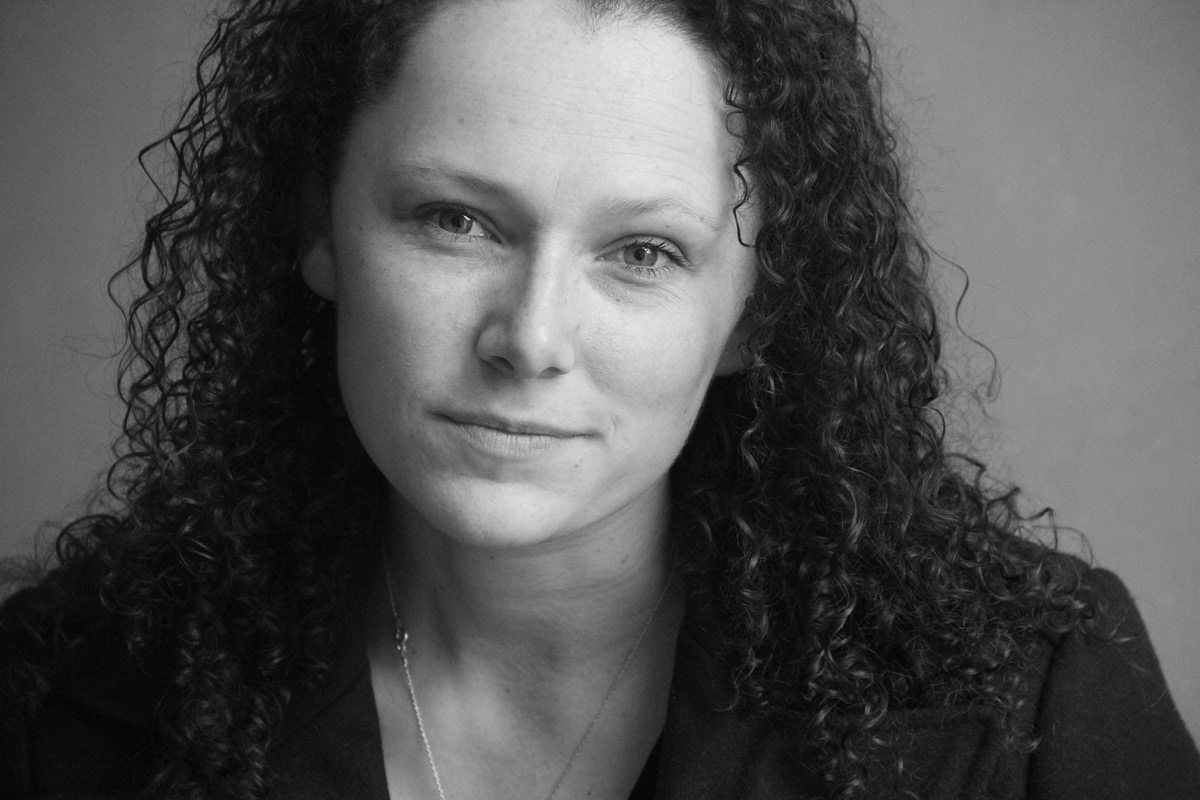This program of contemporary art music could hardly have been more fresh. Of the five works, three were Australian premieres, one was a world premiere and the other was only composed in 2015 – plus the composer was there to take a bow. Indeed, I strongly suspect that every composer featured in Hush is alive and well. In this period of increasing dissatisfaction with the neglect of female composers, it was also extremely refreshing to note that four of the works are the creations of women.
 Annika Socolofsky
Annika Socolofsky
That youthful, female skew was reflected in the performers gathered in the Melbourne Recital Centre’s salon. Rubiks Collective, comprising Tamara Kohler on flutes, cellist Gemma Kneale, percussionist Kaylie Melville and Jacob Abela on piano, were joined by three guests: mezzo-soprano Lotte Betts-Dean, Magdalenna Krstevska on clarinets and violinist Cameron Jamieson. They all committed wholeheartedly to these often technically challenging and unconventional works that, as Kohler noted during a break in the program, are connected by the themes of voice, breath and gesture.
The opening piece, Annika Socolofsky’s Don’t Say a Word, is an eerie, even confronting deconstruction of the lullaby Hush, Little Baby. It was performed by all seven artists, including Abela plucking the piano’s strings and Melville gently scraping the edge of the vibraphone’s metal bars. Betts-Dean was front and centre, mostly articulating the word ‘hush’ in various ways, from a whisper to a roar.
Erin Gee’s Mouthpiece 28 is a playful exploration of sound. Little burps and sighs of violin, bass clarinet and bass flute. A wondrous array of percussion, including bottles, a gong partially submerged in water, and two smooth rocks rapped against each other. Most remarkably of all, abstract vocal sounds like a mash-up of a young child’s nonsense noises, an actor’s vocal warm-up, and Chinese opera. Betts-Dean impressed with her confident articulation of what must be extremely difficult notation, and the entire ensemble’s evident enjoyment of the work was infectious.
The thin air between skins is a duet for flute and cello by Annie Hui-Hsin Hsieh (the composer in attendance). It’s an evocative, impressionistic work reminiscent of the wind, from a mere breath whispering through Kohler’s flute to the shriek of Kneale’s cello akin to metal scraping together. They were closely seated back to back. Knowing that the musicians could feel each other’s moving, breathing bodies only heightened this work’s invisible yet powerful energy.
Amy Beth Kirsten’s World Under Glass No.2 gathered cello, flute, violin and percussion, with the musicians also vocalising little sighs, cries and broken words that heighten its sense of contained, sometimes darkly comic anxiety. Varied, unusual percussion was again a strong feature: Melville was bright-eyed and busy conjuring all manner of curious knocking, popping and dinging that was critical to this work’s intriguing, halting rhythm.
The performance concluded with its most conventional work, Dmitri Tymoczko’s Ghosts. In most programs this would seem radical, particularly the opening dominated by mid-20th century introductory typing instructions lifted from a vinyl record. Betts-Dean returns, at first rigidly articulating a string of letters before singing poetic lyrics that enabled her to reveal a voice of well controlled, soaring beauty. The lyrics defy sense (apparently they are randomly cut-and-pasted from 19th century poetry), but convey a sense of nobility when sung with such authority and expression.
Hush brings together music on or even beyond the edge of convention and understanding, urging the audience to ponder unexpected sounds as well as familiar ones in unexpected contexts. This performance made these sounds’ inherent, lively connection to the human body apparent thanks to the daring artistic and physical commitment of Rubiks Collective and friends.











Comments
Log in to join the conversation.